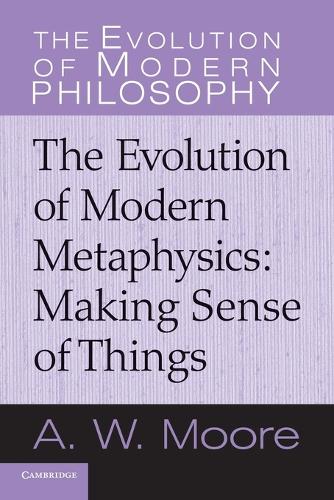The reviewer describes the book as an extraordinary piece of work, showcasing the author's exceptional range of learning and depth of thought.
This Amazon review is full of praise for the author's ambitious project. The reviewer describes the book as an extraordinary piece of work, highlighting the author's exceptional range of learning and depth of thought. The book's attempt to make sense of modern metaphysics is seen as a significant contribution to the field. The reviewer appreciates the book's comprehensive approach and the author's ability to tackle such a vast subject with clarity and insight.
Quick quotes
This huge book is an extraordinary piece of work, showing a quite exceptional range of learning and depth of thought.
Moore attempts nothing less than to make sense of the entire modern metaphysical tradition.
The book's project makes the word unavoidable.
